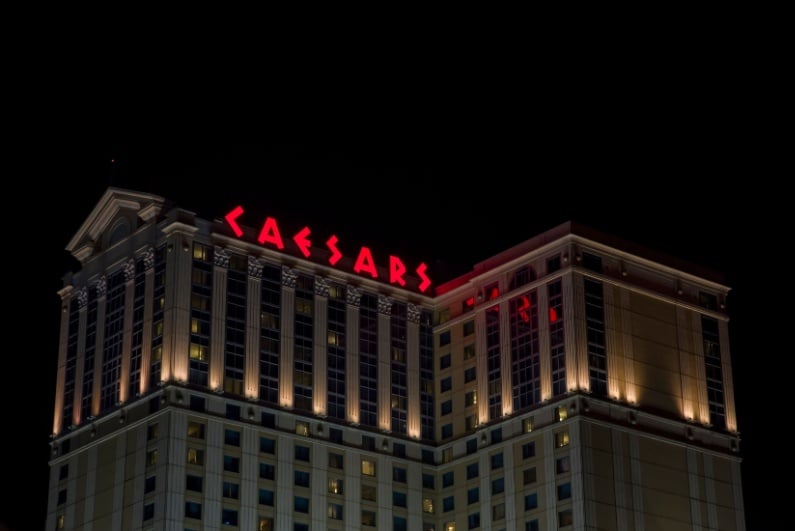Case dismissed
A US judge has dismissed a class action lawsuit accusing Atlantic City casinos and hotels of overcharging for room rentals.
The lawsuit targeted operators, including Caesars Entertainment and MGM Resorts International, as well as Cendyn, a revenue management software company, of price fixing.
the case was dismissed with prejudice, ensuring it cannot be filed again
However, US District Judge Karen Williams ruled on Tuesday in the District Court of New Jersey that the plaintiffs in the case had failed to provide enough evidence to support the accusation. Accordingly, the case was dismissed with prejudice, ensuring it cannot be filed again.
Price-fixing accusations
The lawsuit was the latest in a swathe of cases accusing companies of price-fixing through revenue management system software.
By using the software, hotel owners share real-time data including occupancy rates and room prices to the platform, which then offers pricing suggestions to operators.
Plaintiffs have argued that this constitutes price fixing. A similar case was filed in Nevada and accused operators, also including Caesars, as well as Wynn Resorts, of using the software to “delegate their pricing to a single third-party actor and break the competitive machinery of a normal market.”
That case was also dismissed with prejudice, although it is currently subject to an appeal from the plaintiffs.
Lack of evidence
“While the AI-driven technology at issue may be fairly novel, the underlying conduct is not,” said the consumers in their lawsuit. Cendyn’s “Rainmaker” software was described as “their shared pricing brain” that “does all the hard work for them.”
plaintiffs had not proved that the recommended prices were based on pooled data
Judge Williams, however, rejected the theory that using automated software constituted any form of price fixing. The judge also noted that the plaintiffs had not proved that the recommended prices were based on pooled data.
“As to how this data is used once it is handed over, Plaintiffs do not say. But that is precisely what appears to be missing. Without it, their antitrust theory is factually and legally incomplete,” said Williams.
“The specific sources quoted by the Amended Complaint seem to confirm that the pricing recommendations at issue were never based on the confidential, proprietary data of their competitors. And the Casino-Hotels’ supply and demand data to which Plaintiffs allude appears to be publicly available information.”




